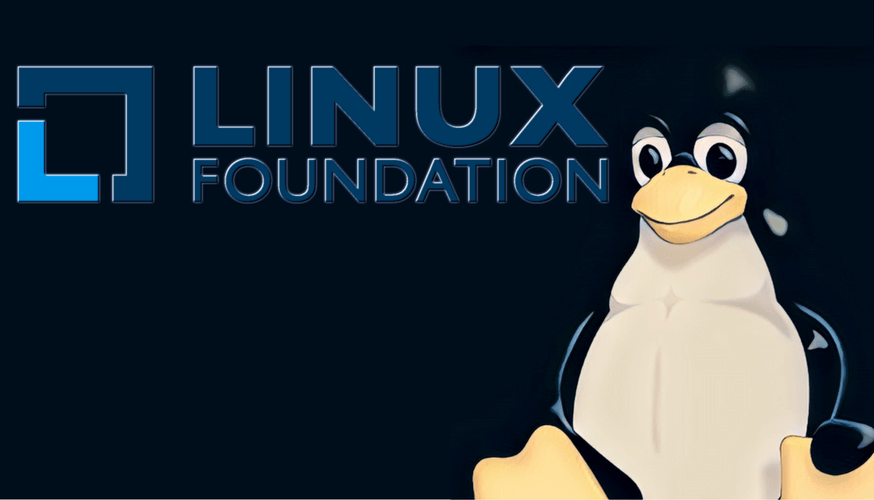
Jeff Garzik, the CEO and co-founder of Bloq and a former Bitcoin core developer, has been elected to the Linux Foundation’s Board of Directors.

Garzik is the first board member with a background in Bitcoin and blockchain, marking a significant development in the maturation of these technologies and the Hyperledger Project.
Garzik is joining a board that includes members from leading enterprise technology companies such as Cisco, Cisco, Fujitsu, Hitachi, HP, IBM, Intel, Oracle and Samsung, among others, and will be helping to steer open technology development and commercial adoption.
“Open source is vital to fostering and developing innovative technologies,” Garzik said in a media release.
“We saw this in the early days of Linux, and the parallels with blockchain-enabled technologies are undeniable. Red Hat made Linux accessible to enterprise companies, now Bloq is doing the same for blockchain.”
Bloq, a company providing blockchain technology solutions for global enterprises, is a member of the Hyperledger Project.
Launched in December 2015, the Hyperledger Project is an open source initiative of the Linux Foundation and a collaborative effort aimed at advancing blockchain technology by identifying and addressing important features. It seeks to develop a cross-industry open standard for distributed ledgers.
Bloq is also a partner of Deloitte, a collaboration announced in May aimed at building and delivering enterprise-grade blockchain software solutions to the audit firm’s clients which include the top 30 banks and some of the world’s leading companies.
Earlier this year, Bloq launched its first product, a multi-pronged blockchain software solution designed to allow enterprise users to create, update, customize and analyze their own public, private and permissioned blockchains.
Called BloqEnterprise, the solution serves as a blockchain operating systems for public and private blockchains.
Garzik teamed with serial entrepreneur and venture capitalist Matt Roszak in November 2015 to launch Bloq, a venture dedicated to build customizable blockchain solutions.
“Open source is key to rapid innovation […] but at some point, there needs to be an enterprise-grade solution for a technology to be reliable enough to play in the Fortune 500,” Garzik said in statements. “You can’t sit around and hope that unpaid enthusiasts come up with an update.”

